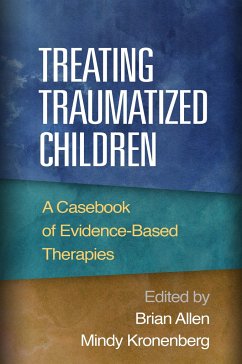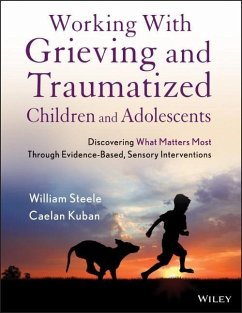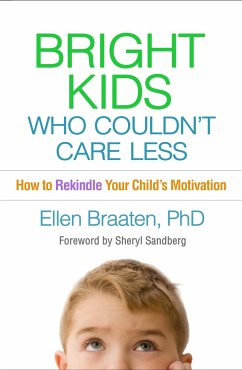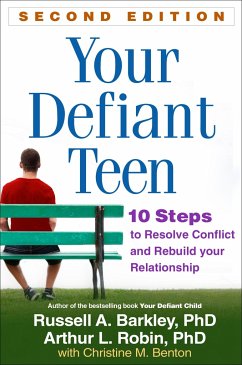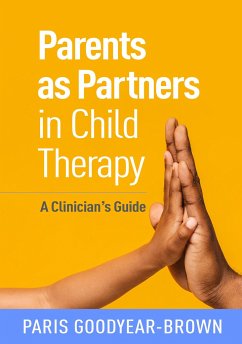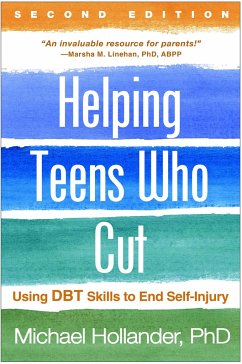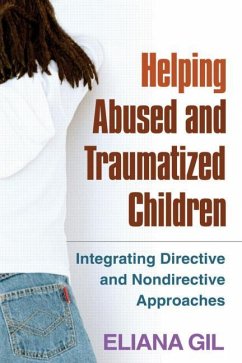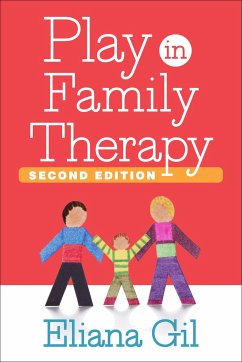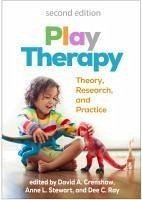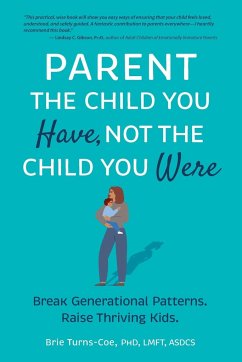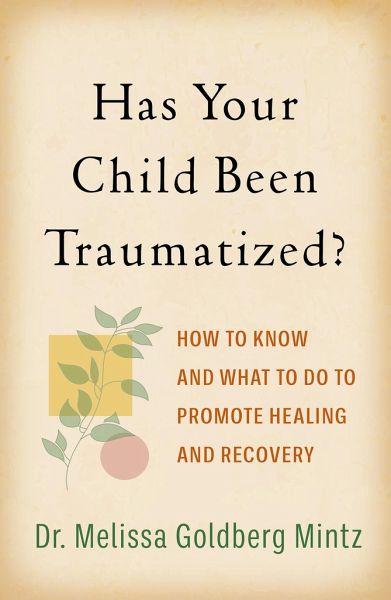
Has Your Child Been Traumatized?
How to Know and What to Do to Promote Healing and Recovery
Versandkostenfrei!
Versandfertig in über 4 Wochen
52,99 €
inkl. MwSt.

PAYBACK Punkte
26 °P sammeln!
When a child has been through an upsetting or stressful event, it can feel overwhelming. Are new behaviors normal, or signs of trauma? What can I do to make my child feel safe again? In this wise guide, psychologist Melissa Goldberg Mintz assures loving parents that the tools necessary for supporting a traumatized child are ones they already possess, from promoting recovery at home, to knowing when professional help is needed. Dr. Goldberg Mintz shares specific, critical information and insights into what trauma looks like at different ages, why some kids exposed to the same event react very d...
When a child has been through an upsetting or stressful event, it can feel overwhelming. Are new behaviors normal, or signs of trauma? What can I do to make my child feel safe again? In this wise guide, psychologist Melissa Goldberg Mintz assures loving parents that the tools necessary for supporting a traumatized child are ones they already possess, from promoting recovery at home, to knowing when professional help is needed. Dr. Goldberg Mintz shares specific, critical information and insights into what trauma looks like at different ages, why some kids exposed to the same event react very differently, and how to help kids recover-- and face future challenges with hope and resilience.



